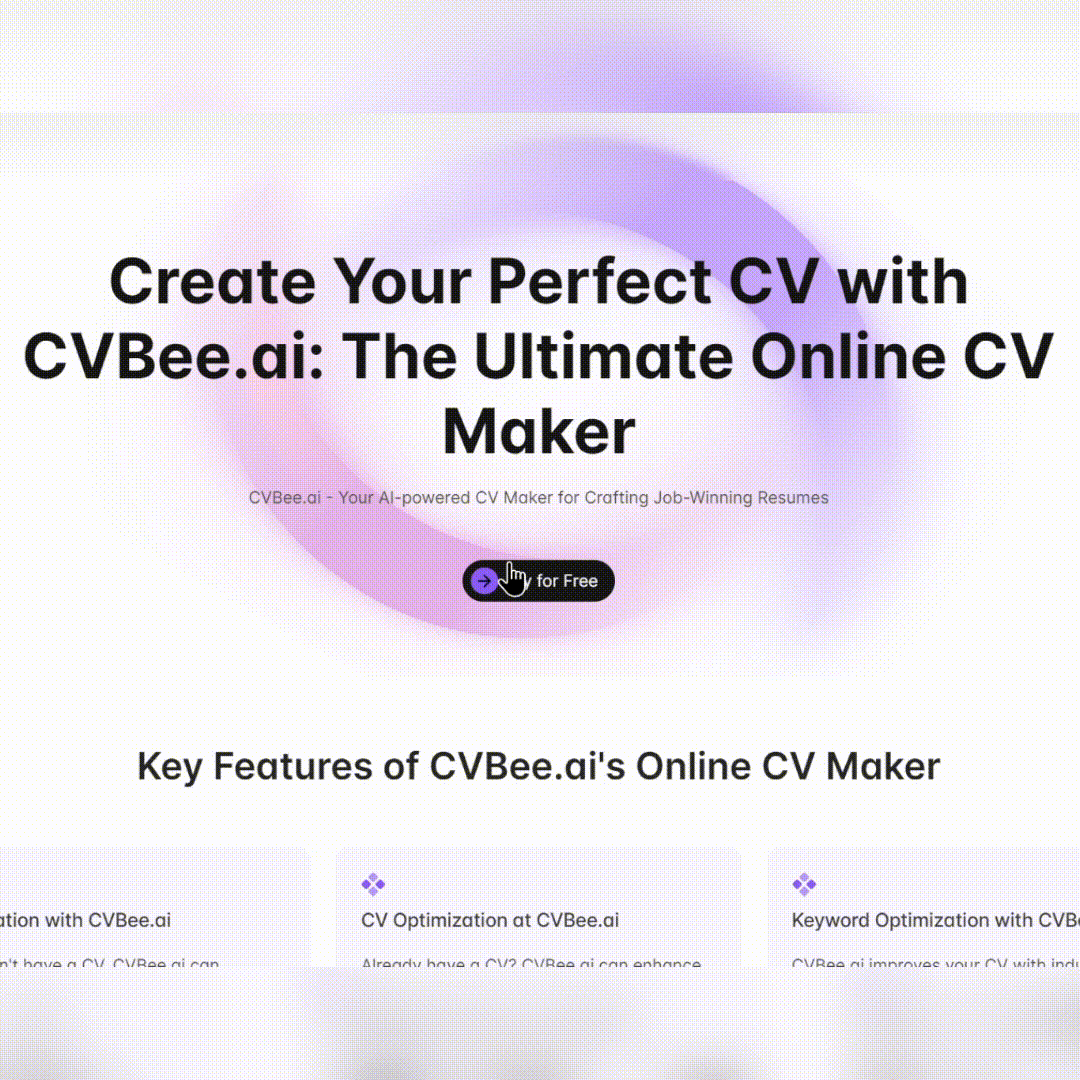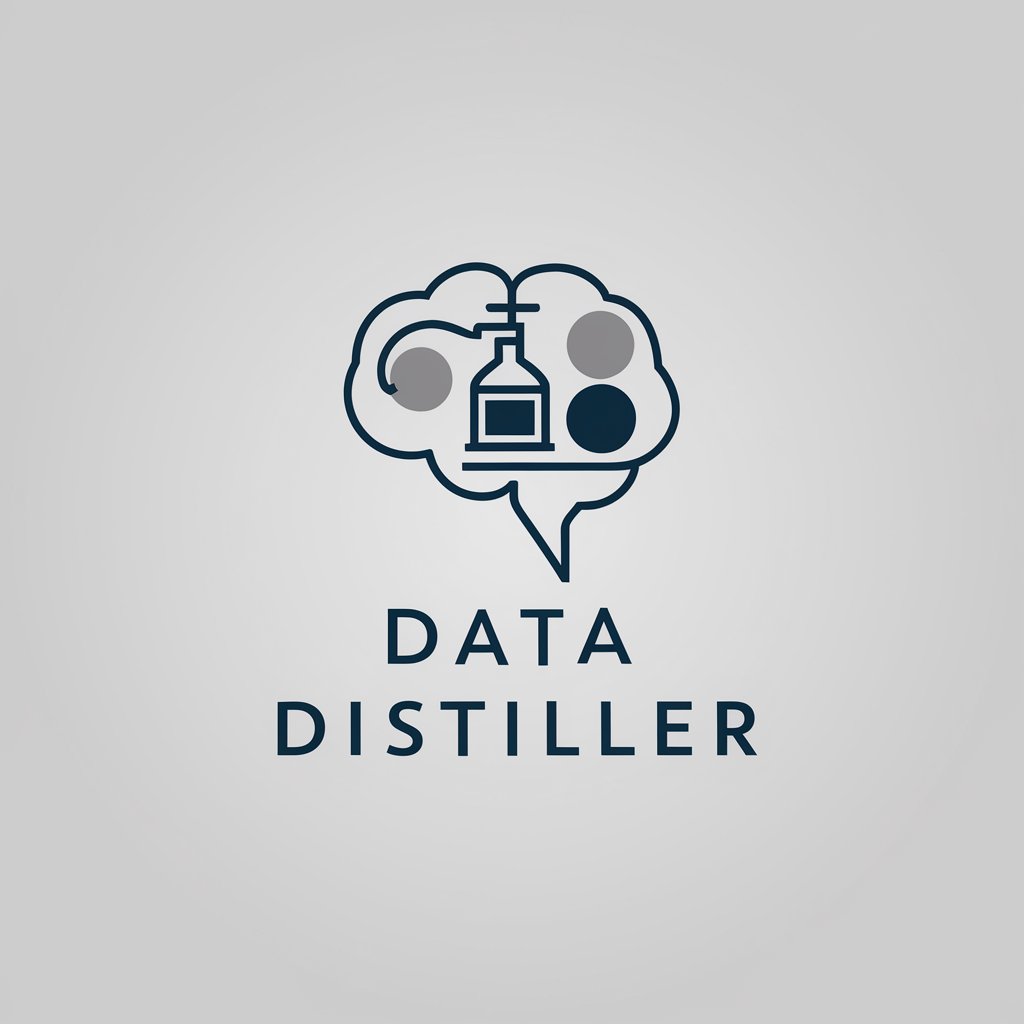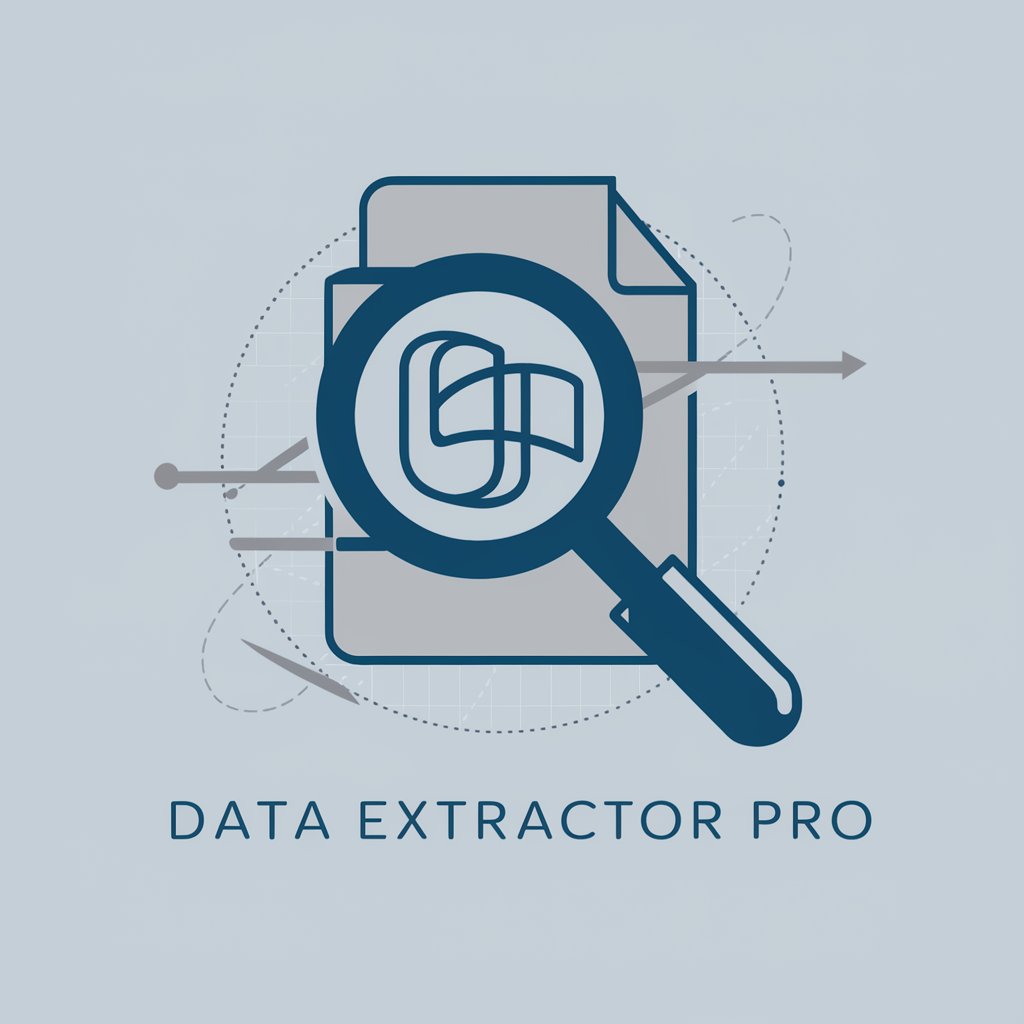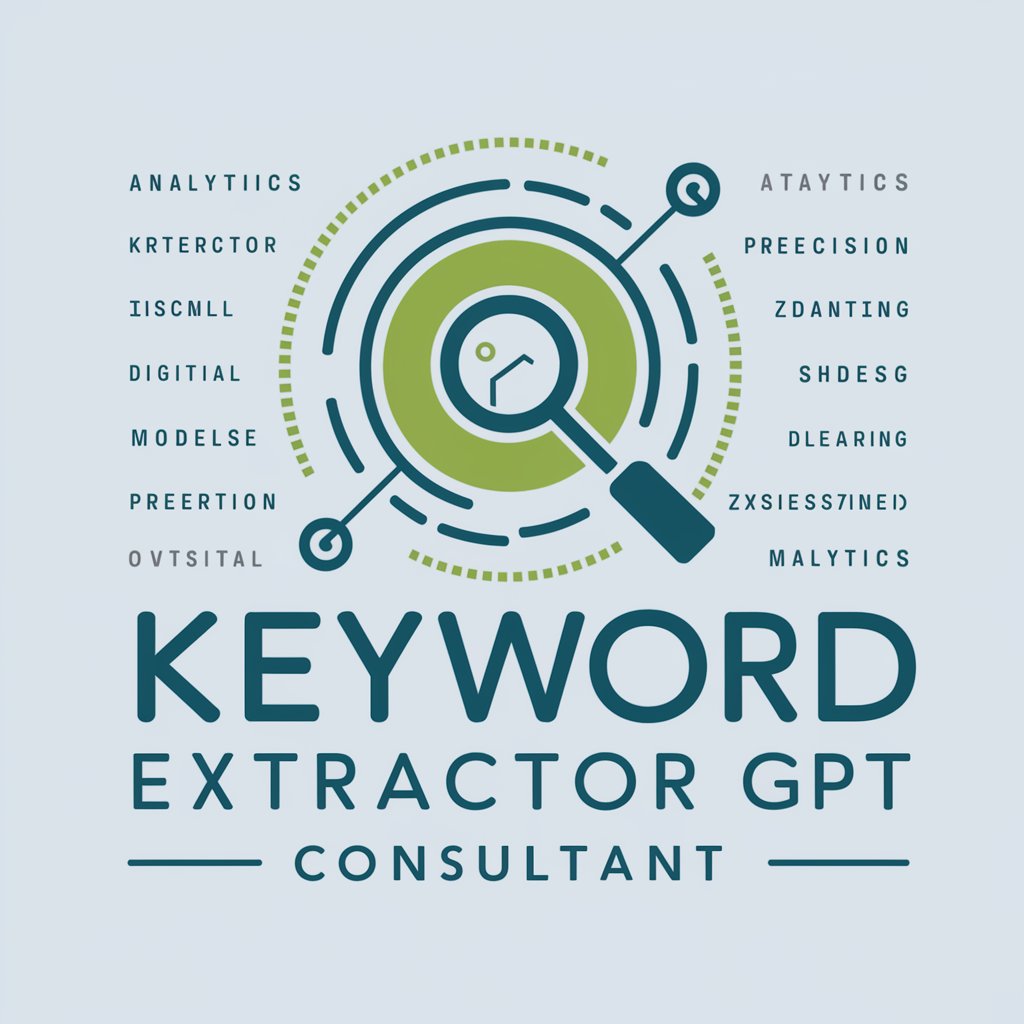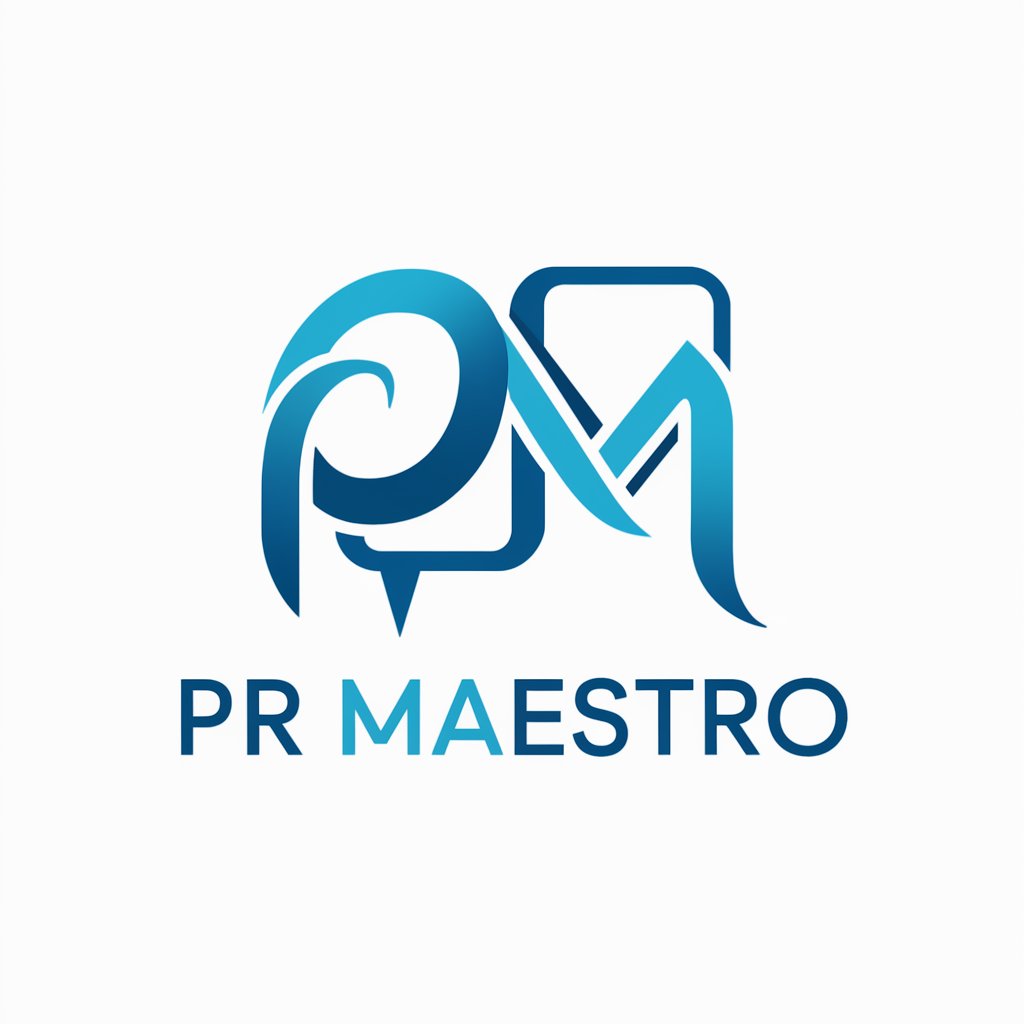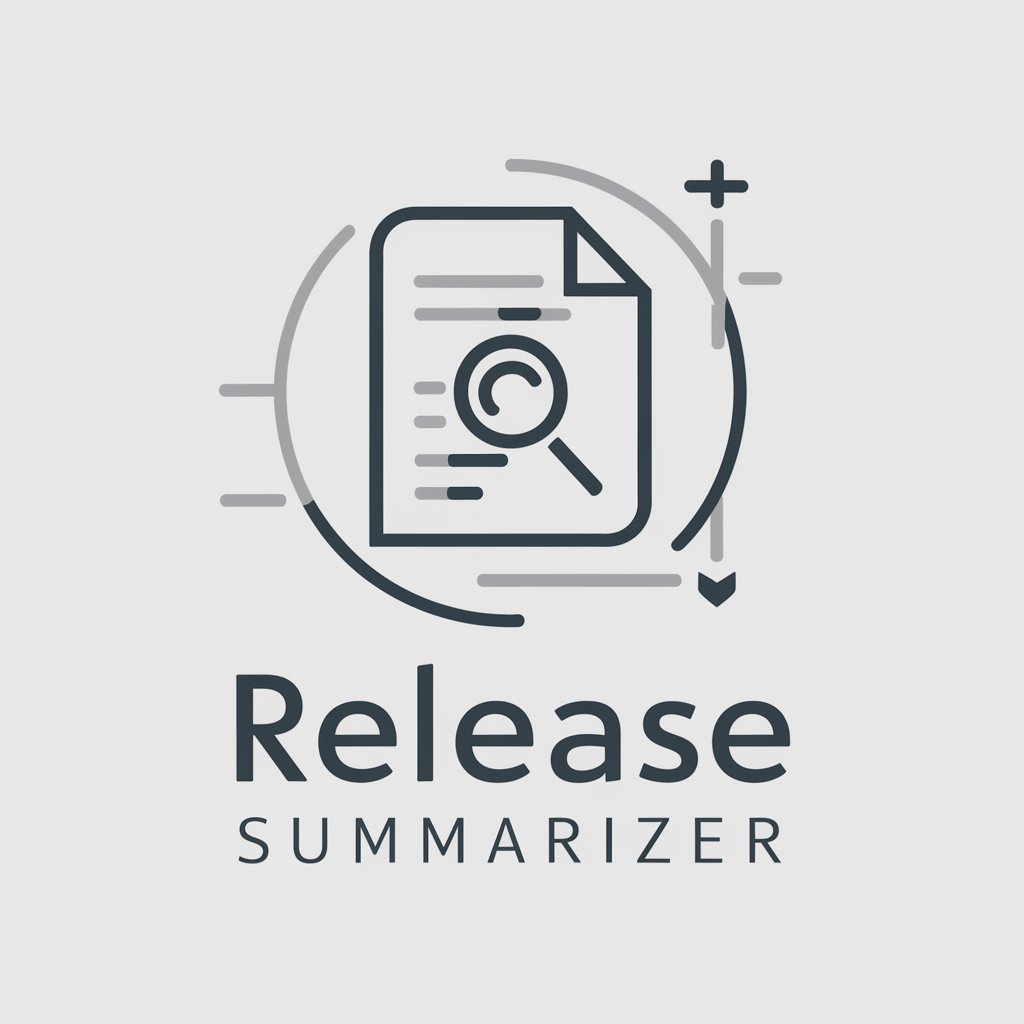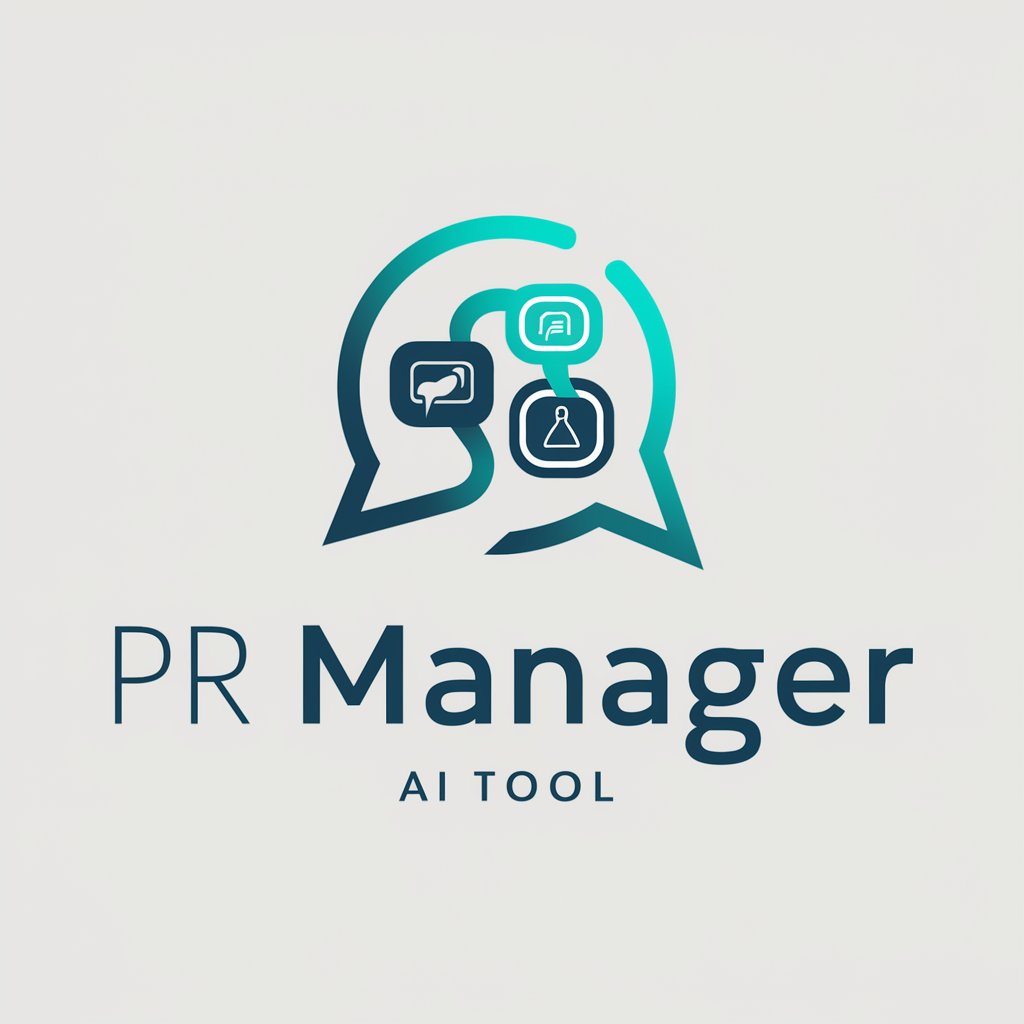
Digital PR Study Extractor - Study Details Extraction
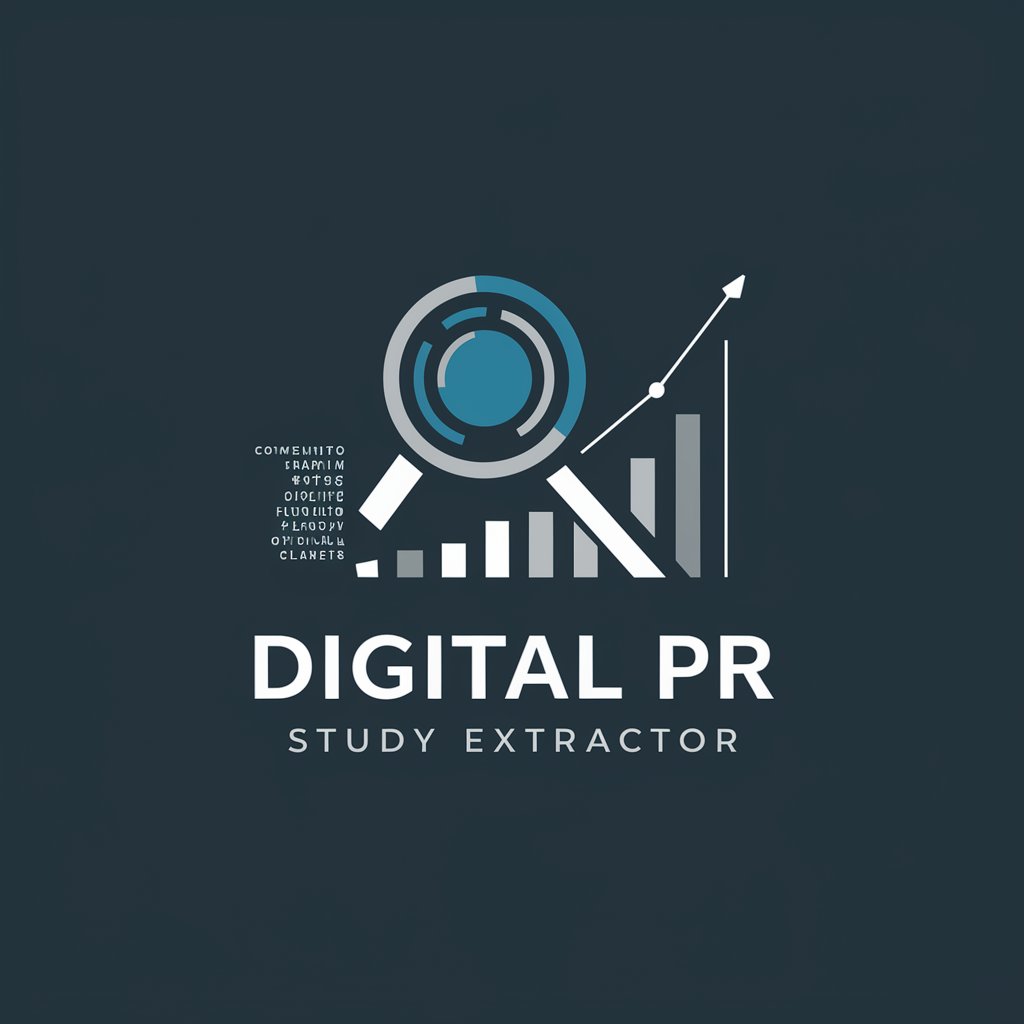
Hi there! Ready to extract study details?
Decipher Studies with AI Power
Analyze the data sources used in this study...
Identify the methodology behind this research...
Extract the unique insights that prompted this article...
Summarize the findings of the study conducted by...
Get Embed Code
Digital PR Study Extractor Overview
The Digital PR Study Extractor is a specialized tool within the ChatGPT ecosystem, designed to help users efficiently extract key insights from studies featured in news articles. Its primary purpose is to distill crucial information, such as who conducted the study, data sources used, methodology, and unique findings that make the study noteworthy. By offering concise summaries in a tabular format, it simplifies the process of identifying, understanding, and utilizing study insights for various strategic purposes. For example, a news article might describe a study about the most popular languages people are learning in 2023. The Digital PR Study Extractor can parse the article and provide structured insights: * **Who conducted the study**: Writing Tips * **What datasource(s) was used**: Average monthly Google searches in each state * **How was the study conducted**: Analyzed monthly search volumes of terms like 'how to learn X' across different states * **What unique information**: Unusual language-learning trends across different states This tool is particularly valuable for digital PR professionals, content marketers, and data analysts who need to identify study highlights quickly. Powered by ChatGPT-4o。

Main Functions of Digital PR Study Extractor
Extract Study Highlights
Example
A news article discusses a study identifying the happiest states in the U.S. in 2023. The Digital PR Study Extractor provides: * **Who conducted the study**: Happiness Report Institute * **Datasource(s) used**: Survey data, mental health statistics, income data * **How the study was conducted**: Analysis of various wellbeing indicators across states * **Unique Information**: Surprising shift in ranking due to increasing work-from-home trends
Scenario
A content marketer needs to write a blog post summarizing the key findings of the happiness study to share with a wellness client's audience.
Identify Data Sources
Example
A publication cites a study on changing online shopping behaviors. The extractor returns: * **Who conducted the study**: Ecommerce Insights Group * **Datasource(s) used**: Google Analytics data, consumer surveys, transaction data * **How the study was conducted**: Combined Google Analytics traffic analysis with survey responses to understand behavior changes * **Unique Information**: Surge in interest for 'sustainable shopping' products
Scenario
A digital PR specialist needs to identify relevant data sources used in the study to pitch a press release around sustainable shopping trends.
Summarize Methodologies
Example
A tech magazine mentions a cybersecurity report on rising phishing scams. The extractor returns: * **Who conducted the study**: Cybersecurity Analysis Group * **Datasource(s) used**: Phishing email databases, IT security logs * **How the study was conducted**: Examined reported phishing emails and IT security logs to detect patterns in phishing attempts * **Unique Information**: New phishing scams targeting remote workers specifically
Scenario
A cybersecurity analyst can quickly assess the study's credibility and methodology to understand its applicability for their organization's anti-phishing strategy.
Highlight Unique Findings
Example
An article summarizes a fitness study revealing pandemic-related exercise trends. The extractor identifies: * **Who conducted the study**: Global Fitness Trends Research * **Datasource(s) used**: Online fitness app data, global survey responses * **How the study was conducted**: Analyzed anonymized fitness app data and combined it with global survey findings * **Unique Information**: Unprecedented rise in at-home fitness activities, with yoga leading globally
Scenario
A PR manager for a fitness brand uses these insights to guide campaign strategies targeting global yoga enthusiasts.
Ideal Users of Digital PR Study Extractor
Digital PR Professionals
Professionals involved in digital public relations can leverage the extractor to quickly gather relevant study insights and use them in press releases, media pitches, and digital PR campaigns. The concise summaries help them rapidly identify trends, data sources, and methodologies to support their storytelling and outreach efforts.
Content Marketers
Content marketers seeking authoritative data points to back up their blogs, social media posts, and marketing collateral can use the extractor to uncover unique insights and statistics. The structured outputs offer clear summaries that can be woven into compelling marketing narratives.
Data Analysts and Researchers
Data analysts and researchers can benefit from this tool by identifying study methodologies, data sources, and trends quickly. The summaries can serve as a starting point for deeper data dives or provide immediate context when assessing the credibility and relevance of a study.
Journalists and Reporters
Journalists and reporters looking for concise study summaries to incorporate into their articles or investigate further will find the extractor valuable. It provides quick access to the who, what, and how of studies, saving them time and effort in finding key details.

How to Use Digital PR Study Extractor
Start a free trial
Visit yeschat.ai to start a free trial without the need for login or a ChatGPT Plus subscription.
Input your data
Enter the URL of the news article or directly paste the content of the article related to any study into the tool.
Execute the extraction
Initiate the extraction process to analyze the text and gather details about the study covered in the article.
Review extracted information
Check the organized output which includes the study's conductor, data sources, methodology, and key findings that prompted its coverage.
Utilize the information
Use the structured insights for further analysis, reporting, or to inform strategic decisions and communications.
Try other advanced and practical GPTs
Course-Work Monster
Elevate Your Studies with AI

Watercolor Illustrator GPT
AI-powered elegant art creation

Mark's lil alien
Empower Your Research with AI

Spanish Teacher
Master Spanish with AI-Powered Conversations

GPT Doctor
Empowering Health Decisions with AI

Mandala Creator
AI-powered Mandala Design Simplified

Lingua Coach
Enhance Your English with AI

Buildship node generator
Empower your workflows with AI-driven nodes
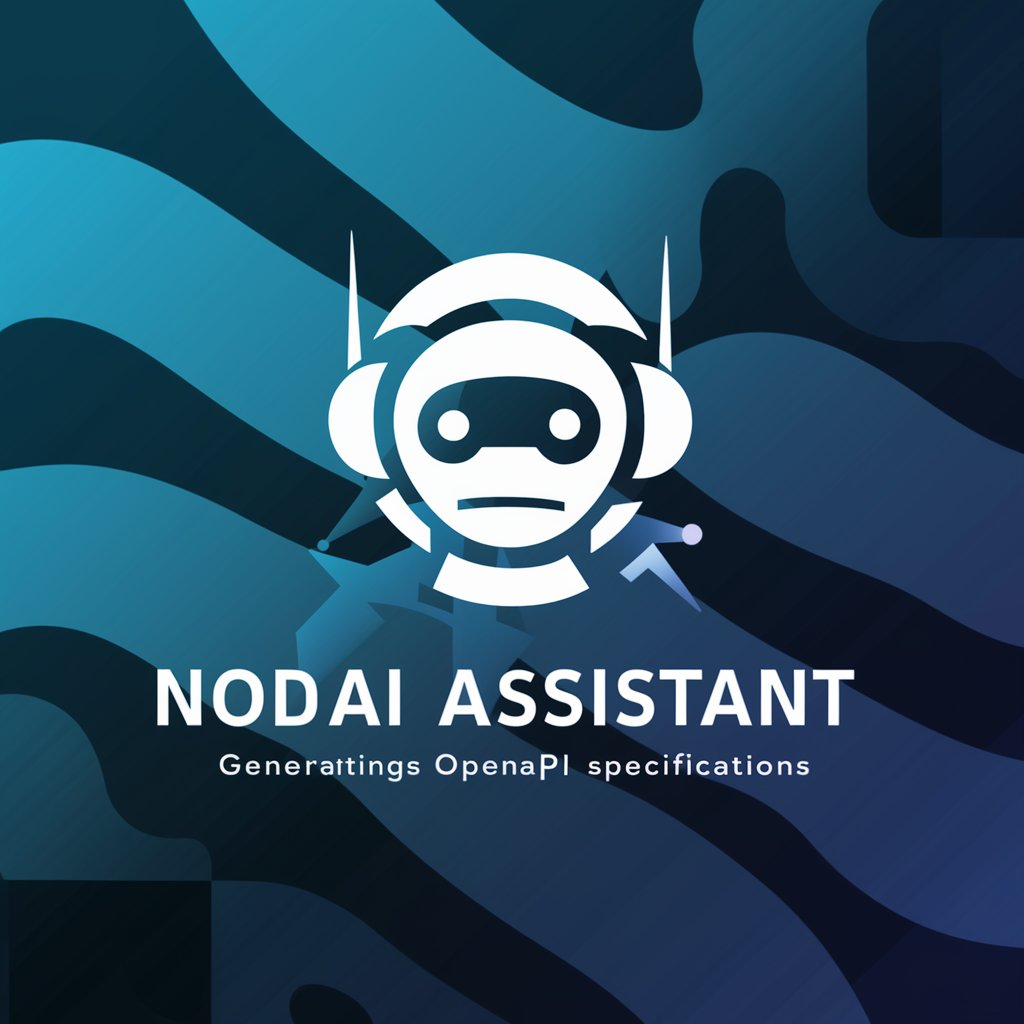
TJ. Relatorio
Streamlining Judicial Report Generation
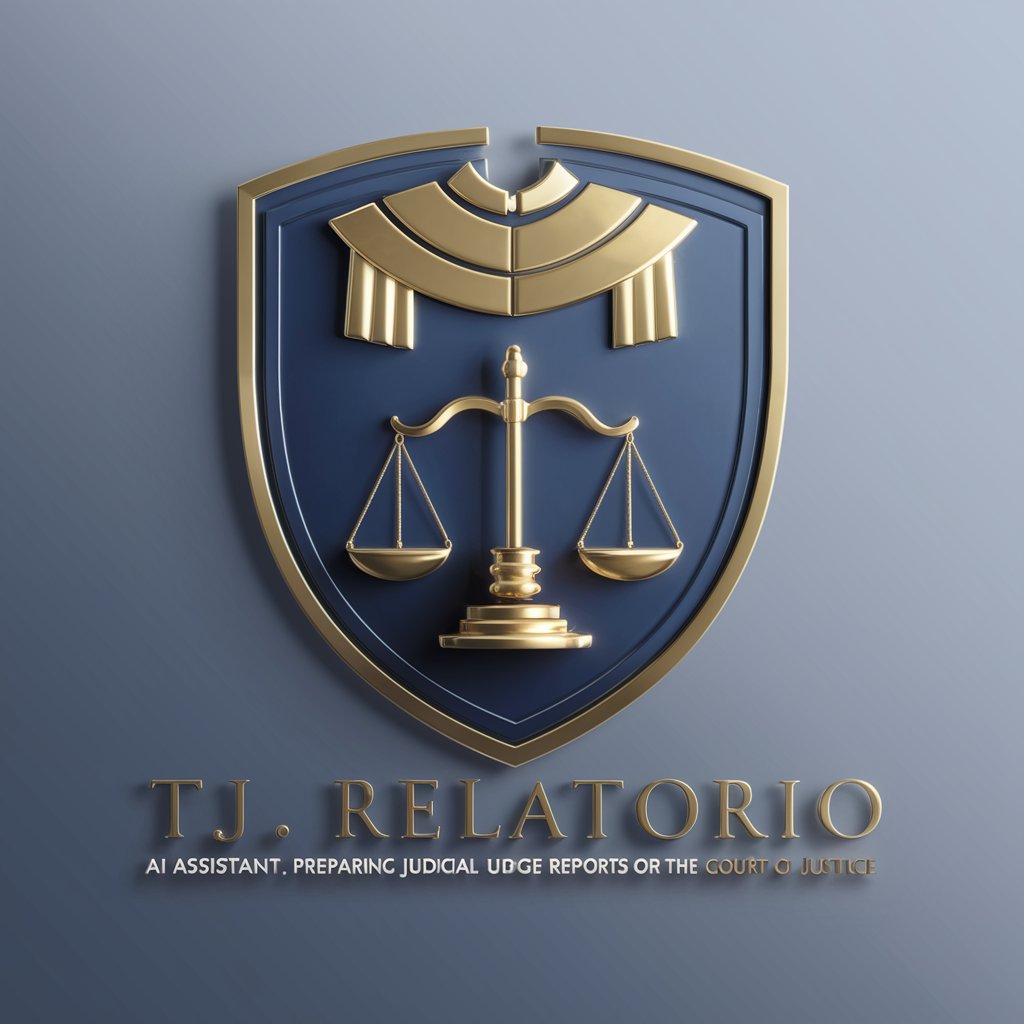
Typeform Quiz Maker
Craft Engaging, AI-Powered Quizzes
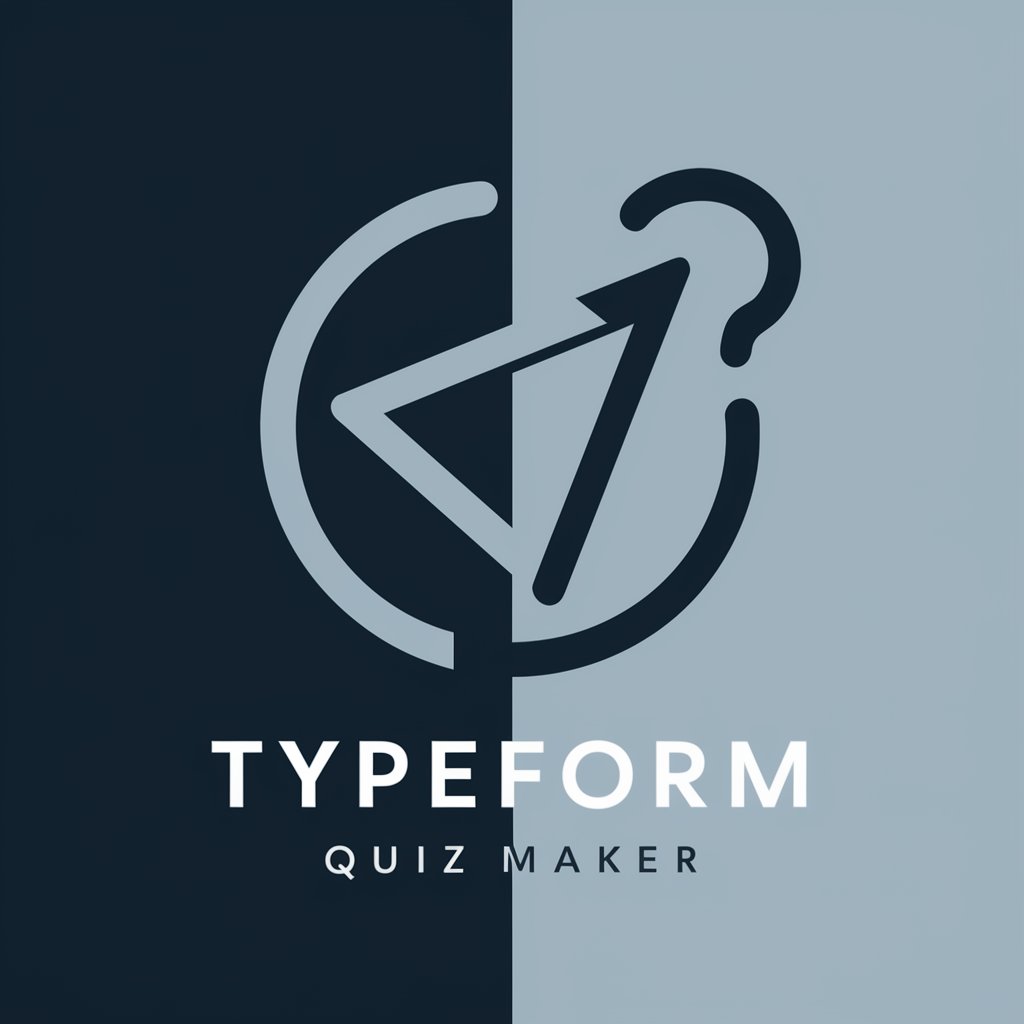
Backend Buddy
AI-powered backend development guide.

Research Assistant
Empowering Research with AI

Frequently Asked Questions About Digital PR Study Extractor
What is the main purpose of the Digital PR Study Extractor?
The tool is designed to extract and organize information from news articles about studies, identifying the conducting body, data sources, methodologies, and key findings.
Can Digital PR Study Extractor handle articles from any domain?
Yes, it can process articles from various domains as long as the content is related to a study and provides enough information for extraction.
What formats can I input into the Digital PR Study Extractor?
The tool accepts inputs either as URLs linking to news articles or direct text pastes of the article contents.
How accurate is the data extraction process?
The tool's extraction accuracy largely depends on the clarity and structure of the provided content. It performs best with well-structured articles.
Can the extracted data be exported?
Currently, the tool displays the extracted data on-screen. Plans to implement data export features are under consideration for future updates.
